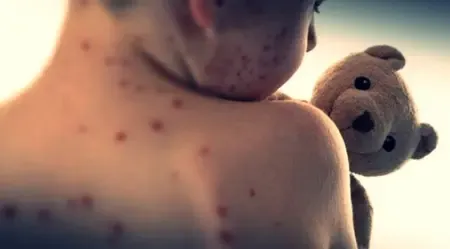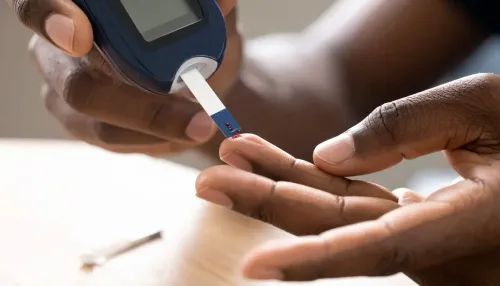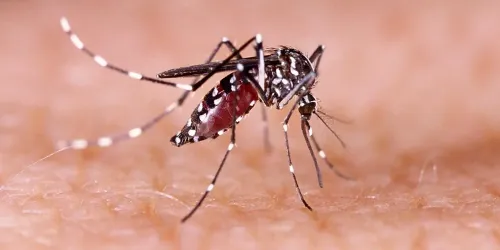What’s Causing the Surge in Measles Cases in Israel?

Synopsis
Key Takeaways
- 481 new measles cases reported in Israel.
- Current total of 1,251 cases since April.
- Nationwide vaccination campaign has administered over 142,000 doses.
- Tragic loss of two unvaccinated children due to the outbreak.
- Measles is highly contagious and can lead to severe complications.
Jerusalem, Sep 16 (NationPress) The Health Ministry of Israel has announced an alarming rise of 481 new cases of measles, elevating the total count to 1,251 since the outbreak commenced in early April.
The ministry estimates that between 2,250 and 3,950 individuals may have contracted the virus, driven by high hospitalization rates and community reports. Presently, 29 patients remain hospitalized, with the majority being children under six years of age. Among these, five are in intensive care, including one who is receiving ECMO support.
This outbreak has tragically led to the fatalities of two unvaccinated boys, aged 18 months and two years.
In May, shortly after the outbreak was identified, a nationwide vaccination initiative was launched by the ministry, resulting in over 142,000 doses administered.
In areas experiencing active outbreaks, the ministry has permitted immediate vaccinations without appointments for residents, even allowing infants from different areas to be vaccinated if they have relatives or friends in high-incidence cities, as reported by the Xinhua news agency.
Measles is a highly infectious virus that spreads effortlessly through respiratory droplets when an infected person coughs, sneezes, or breathes. It can lead to severe complications and even death.
Although measles can affect anyone, it predominantly impacts children.
The virus initially infects the respiratory system and subsequently disseminates throughout the body. Symptoms manifest as a high fever, cough, runny nose, and a widespread rash.
Vaccination remains the most effective method to prevent measles and to stop its spread to others. The vaccine is proven safe and fortifies the body against the virus.
Prior to the introduction of the measles vaccine in 1963, significant epidemics occurred roughly every two to three years, claiming an estimated 2.6 million lives annually.
In 2023 alone, it is estimated that 107,500 individuals, predominantly children under five, succumbed to measles, despite the availability of a safe and affordable vaccine.
The initial symptoms of measles typically arise 10–14 days after exposure to the virus, with a prominent rash serving as the most visible indicator.
Early symptoms last approximately 4–7 days, encompassing a runny nose, cough, red and watery eyes, and small white spots inside the cheeks.
The rash appears around 7–18 days post-exposure, usually starting on the face and upper neck, spreading over approximately 3 days to the hands and feet, and generally lasts 5–6 days before fading.









